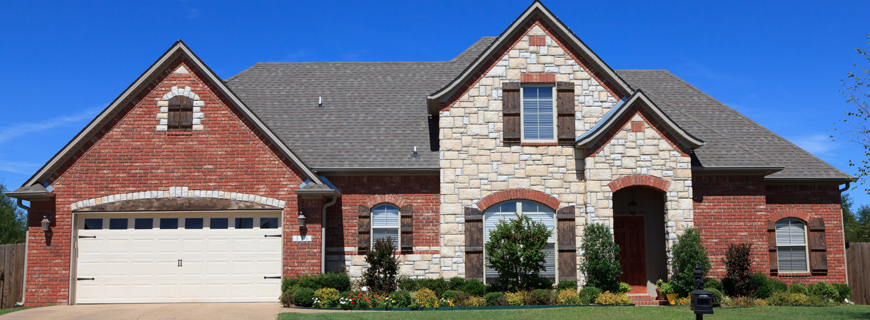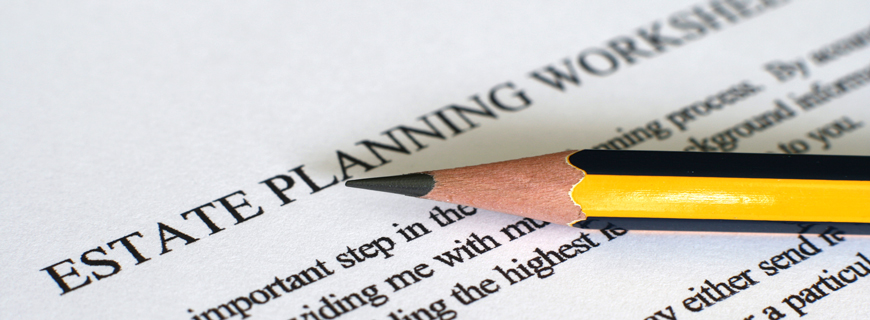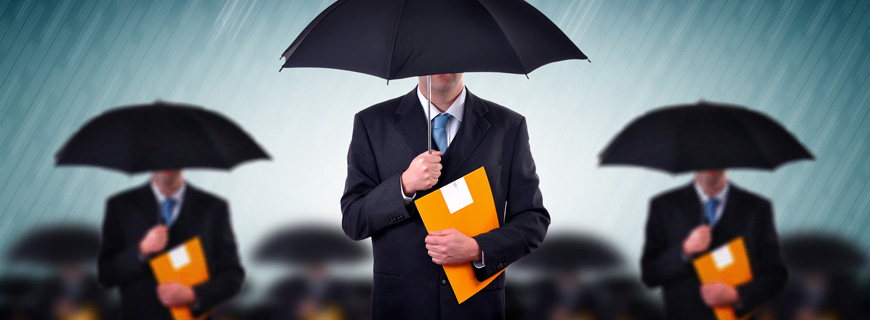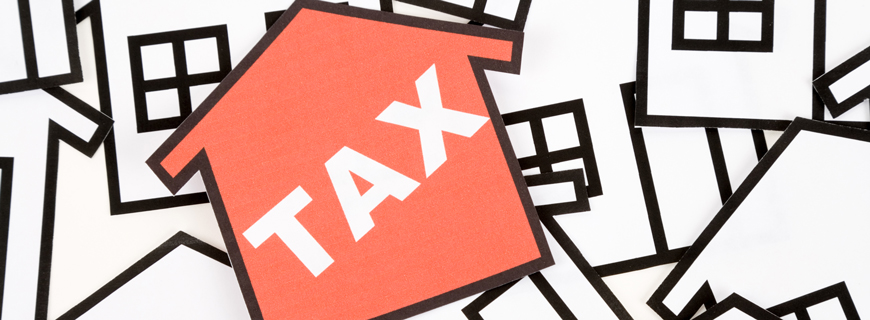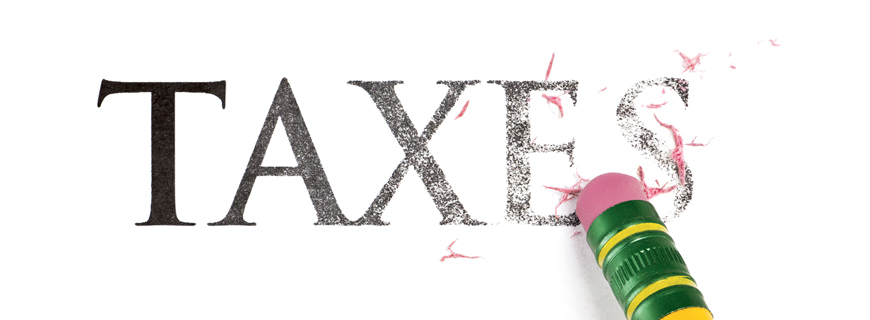Your home is likely the largest investment you will ever make, and the things you keep inside it – wedding photos, collectibles, silver and china, jewelry, antique furniture – are probably your most prized possessions. That’s why it’s crucial to carry enough insurance to safeguard your home and everything in it.
You should have insurance on the land, the physical structure of the house, and also its contents against theft, fire, windstorm, or some other disaster. It’s also wise to be insured for personal liability. This would cover an accident that might occur to someone who is visiting or working in your home.
Homeowners Insurance – What’s Included
A standard policy provides limited protection against, for example, fire and theft. Broader coverage gives you insurance for additional losses except those specifically excluded from the policy. You can also get special insurance with separate premiums for items such as jewelry, artwork, and collectibles.
What’s NOT Covered
No basic policy covers losses resulting from war, riots, police actions, nuclear explosion, or “acts of God.” You can sometimes get an endorsement to your policy to cover circumstances that are normally excluded, such as floods and earthquakes, but it will likely be expensive. If you’re in an area prone to such events, however, it could prove well worth the cost.
Other Considerations
Consider liability coverage, which protects you if you are sued for causing property damage or injuring someone. As for deductibles, amounts vary. Your insurance costs less if you take a larger deductible, but, of course, you will have to pay the amount of any loss up to the deductible.
How Much Insurance Should You Buy?
You should insure your house for at least 80% of its replacement value. However, most financial planners recommend that you insure your house for its full replacement value, and perhaps the replacement value of the contents of your home. Carefully read the terms of the policy so there will be no surprises in the event of a loss. Some policyholders believe their homeowners insurance will pay to completely rebuild their house, only to discover caps that limit the insurance company’s liability and force them to spend thousands out of pocket.
One word of caution . . . when buying a home, if your down payment is less than 20% of the purchase price, you will probably be required to purchase mortgage insurance. Do not pay it as part of your mortgage; instead, pay it separately and cease paying it when your equity reaches 20% of the home’s value. Mortgage insurance is designed to benefit the mortgage lender, not the homeowner.
Material discussed is meant for general illustration and/or informational purposes only and it is not to be construed as tax, legal, or investment advice. Although the information has been gathered from sources believed to be reliable, please note that individual situations can vary therefore, the information should be relied upon when coordinated with individual professional advice. Past performance is no guarantee of future results. Diversification does not ensure against loss. Source: Financial Visions, Inc.

